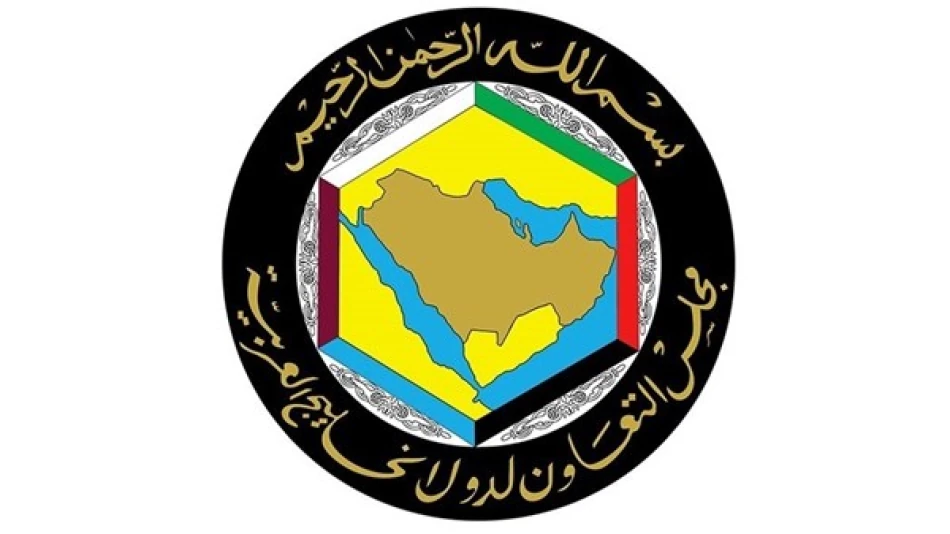
Gulf Cooperation Council Holds Extraordinary Summit in Doha
Gulf Leaders Convene Emergency Summit in Doha Amid Regional Tensions
The Gulf Cooperation Council's Supreme Council held an extraordinary session in Qatar's capital today, bringing together the region's most powerful leaders for urgent discussions on pressing regional matters. The closed-door meeting signals heightened concerns over geopolitical developments that require immediate coordination among the six-nation bloc.
High-Stakes Diplomacy in Action
The emergency gathering in Doha saw heads of state and senior delegation leaders from Saudi Arabia, UAE, Kuwait, Bahrain, Oman, and Qatar converge for what sources describe as critical deliberations. The convening of an extraordinary session—outside the regular annual summit cycle—underscores the gravity of issues facing the Gulf region.
While the specific agenda items remain confidential, such emergency meetings typically address urgent security threats, economic coordination measures, or major diplomatic initiatives that cannot wait for scheduled gatherings.
Strategic Implications for Regional Stability
Economic Coordination at Stake
The timing of this summit comes as Gulf states navigate complex economic pressures, from fluctuating oil markets to the need for economic diversification. The GCC's collective GDP of over $2 trillion makes any coordinated policy decisions significant for global energy markets and regional investment flows.
For investors and markets, emergency GCC meetings often signal potential shifts in energy policy, defense spending, or cross-border investment strategies that can impact everything from oil futures to regional stock markets.
Geopolitical Chess Game
The choice of Doha as the venue carries symbolic weight, particularly given Qatar's complex relationship with some GCC members following the 2017-2021 blockade and subsequent reconciliation. This selection suggests either Qatar's growing diplomatic rehabilitation or its neutral positioning on whatever crisis prompted the meeting.
Unlike the European Union's frequent emergency summits, GCC extraordinary sessions are relatively rare, making this gathering particularly noteworthy. The last major emergency session addressed the COVID-19 pandemic's regional impact in 2020.
What This Means Moving Forward
The closed nature of the discussions and limited public information suggests highly sensitive matters are at stake. Historical precedent indicates that GCC emergency meetings often precede major policy announcements or coordinated responses to regional threats.
The outcome of these deliberations will likely influence regional security arrangements, economic partnerships, and the Gulf states' collective approach to international relations. Given the GCC's pivotal role in global energy markets and Middle Eastern geopolitics, decisions made in this Doha meeting could have far-reaching consequences beyond the Gulf region.
The lack of immediate public statements following the session suggests ongoing negotiations or the need for further consultation before any major announcements emerge.
Most Viewed News

 Layla Al Mansoori
Layla Al Mansoori






